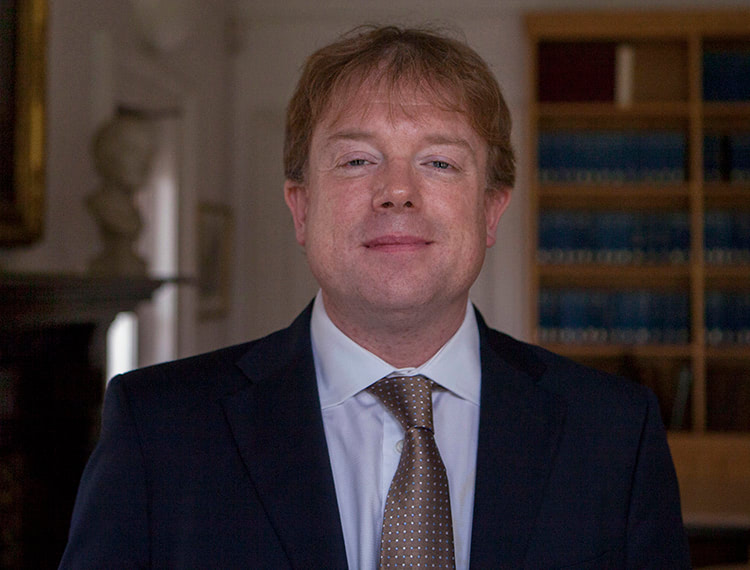67% of PhD students want a career in academic research but only 30% stay in academia three years on

The Higher Education Policy Institute (@HEPI_news) has published a new report on the career ambitions of PhD students – people who are studying for doctoral degrees.
PhD students and their careers by Bethan Cornell uses previously unpublished data to find out how PhD students feel their doctorate impacts on their career choices.
The key findings include:
- Most PhD students (88%) believe their doctorate will positively impact their career prospects.
- PhD students are equally more (33%) and less (32%) likely to pursue a research career now than before they started their PhD, with the majority choosing academic research (67%) or research within industry (64%) as a probable career path.
- PhD students feel well trained in analytical (83%), data (82%) and technical (71%) skills, along with presenting to specialist audiences (81%) and writing for peer-reviewed journals (64%).
- They are less confident of their training in managing people (26%), finding career satisfaction (26%), applying for funding (22%) and managing budgets (11%).
- When considering future careers, PhD students are more likely to attend career workshops (76%) and networking events (60%) or to do their own research (64%) than to discuss options with an institutional careers consultant (13%).
The report incorporates qualitative research that captures the voices of PhD students:
- ‘I don’t feel qualified or prepared to enter a career outside of research.’
- ‘The requirement to move around in pursuit of short term postdocs is terrible for social and family life’.
- ‘The academic culture will be detrimental to my mental health.’
The author of the report, Bethan Cornell, who is currently studying for a PhD in Physics, said:
PhD students are positive about their career prospects, with most believing their doctorate will improve their employability. It is encouraging that the PhD experience doesn’t seem to negatively affect the proportion of students wishing to stay in research.
However, it is concerning to find that, while PhD students may be getting good technical training, they do not feel supported in many other key skills they will need to gain a successful academic career, such as manging people, dealing with budgets and applying for funding. Furthermore, it is discouraging that PhD students are more likely to seek 1:1 careers advice from their supervisors than trained careers consultants, who are better placed to help them.
Nick Hillman, the Director of HEPI, said:
Postgraduate qualifications deliver huge benefits for the people taking them. But they are also crucial to the whole country, as postgraduate students provide the pipeline for academic, commercial and charitable research. If we are to cure diseases, improve productivity and improve people’s lives, that is likely to come via original research.
So it is vital that, as a society, we look after our researchers and that includes making sure they have access to the careers support they need to find the best possible role for them – and for society as a whole.
The report is based, with permission, on data from 526 students studying for PhDs in UK institutions, obtained by Nature as part of a survey of 6,320 current PhD students worldwide for six weeks between June and July 2019. The confidence interval is 95% with a 5% margin of error.
In May 2020, HEPI published Postgraduate Education in the UK (HEPI Analytical Report 1) by Dr Ginevra House, which reviewed the state of postgraduate education since the last recession. In June 2020, HEPI published PhD life: the UK student experience by Bethan Cornell, which detailed the experiences of PhD students studying in UK institutions and their views on an academic career.












Responses